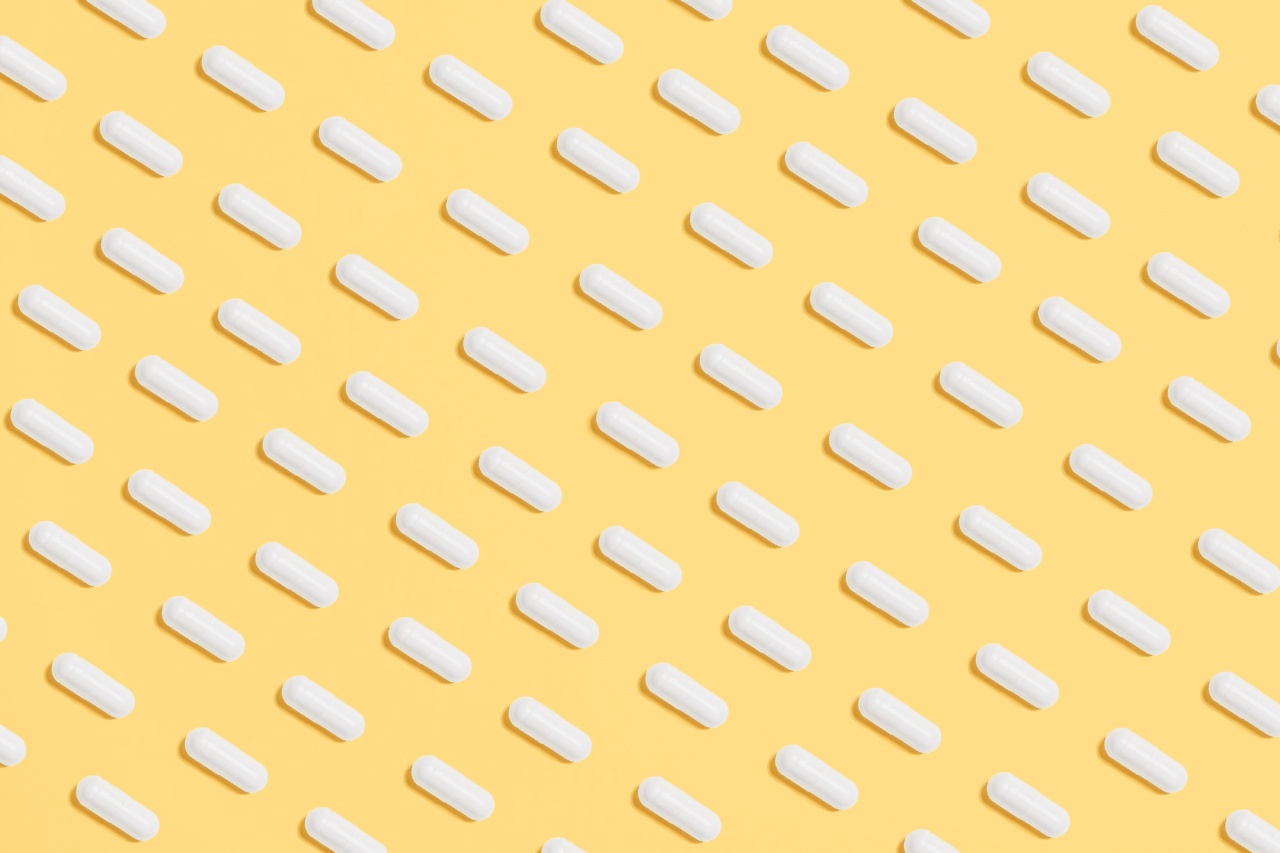Depression is a complex mental health condition that affects millions of people around the world. It is characterized by feelings of sadness, hopelessness, and a general lack of interest in life.
While there are many pharmaceutical drugs on the market that claim to help alleviate these symptoms, the truth is that they only provide temporary relief.
The true cure for depression is not in the pharmacy, but rather within ourselves. It requires a holistic approach that addresses the root causes of the condition and helps individuals make positive changes in their lives.
Understanding Depression
Depression is a multifaceted condition that often has both biological and environmental causes. Studies have shown that there are changes in the brain chemistry of people with depression.
These changes affect the function of neurotransmitters, which are chemicals that transmit signals between neurons in the brain.
Environmental factors can also contribute to depression. Stressful life events such as the loss of a loved one, a job, or a relationship can trigger depression.
Other factors such as social isolation, financial difficulties, and poor physical health can also contribute to the development of depression.
The Limitations of Medication
Pharmaceutical drugs are often the first line of treatment for depression. These drugs work by altering the levels of neurotransmitters in the brain. While they can provide temporary relief from symptoms, they often come with significant side effects.
Furthermore, these drugs do not address the underlying causes of depression. They may help to alleviate the symptoms, but they do not provide a long-term solution to the problem.
In some cases, they may even make the problem worse by creating dependency or worsening the side effects.
The Holistic Approach
The true cure for depression is a holistic approach that addresses both the biological and environmental causes of the condition.
This approach involves a range of strategies aimed at improving mental and physical health, as well as addressing lifestyle factors that may be contributing to depression.
Self-Care
Self-care is an essential part of any holistic approach to depression. It involves taking care of oneself both physically and mentally.
This includes things like getting enough sleep, eating a healthy diet, exercising regularly, and practicing relaxation techniques.
There are many different relaxation techniques that can help alleviate the symptoms of depression. These include yoga, meditation, deep breathing, and progressive muscle relaxation.
Therapy
Therapy is another important aspect of the holistic approach to depression. It can be very helpful in addressing the underlying causes of the condition and helping individuals make positive changes in their lives.
CBT (cognitive-behavioral therapy) and IPT (interpersonal therapy) are two of the most common types of therapy used to treat depression.
CBT helps individuals identify negative thought patterns and replace them with positive ones, while IPT focuses on improving social relationships and communication skills.
Physical Health
Physical health is also an important aspect of the holistic approach to depression. Regular exercise has been shown to improve mood and reduce symptoms of depression.
Eating a healthy diet rich in fruits, vegetables, and omega-3 fatty acids can also help improve mental health.
Mind-Body Practices
Mind-body practices can also be very helpful in treating depression. These practices aim to improve the connection between the mind and body, thereby promoting overall health and well-being.
Examples of mind-body practices include acupuncture, tai chi, and yoga. These practices have been shown to reduce stress and anxiety, improve sleep, and promote relaxation.
Social Support
Social support is essential for anyone dealing with depression. It can come in many forms, including family, friends, support groups, and therapy.
Creating a supportive social network can help individuals cope with depression and provide a sense of belonging. It can also be helpful in providing practical support, such as helping with daily tasks and errands.
Conclusion
Depression is a complex condition that requires a holistic approach. While pharmaceutical drugs can provide temporary relief, they do not provide a long-term solution.
The true cure for depression is within ourselves, through self-care, therapy, physical health, mind-body practices, and social support. By addressing the underlying causes of the condition and making positive changes in our lives, we can overcome depression and achieve lasting health and well-being.





























